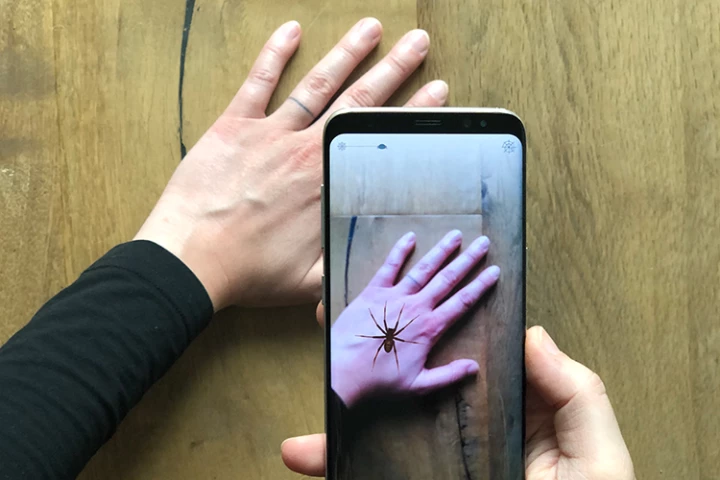University of Basel
-
New research found that taking a placebo pill, knowing that it contains no active ingredients, reduced the intensity of premenstrual syndrome (PMS) symptoms by a whopping 79%, substantially more than taking the usual side-effect-causing medications.
-
A novel study testing the effects of caffeine on the human brain found daily consumption can significantly reduce the volume of one's gray matter. Whether this is a good or bad thing is unclear but that daily cup of coffee is certainly doing something.
-
Like a computer system with built-in redundancies, a study has revealed that brains use three different sets of neurons to store a single memory. The finding could one day help soften painful memories in people who've suffered trauma.
-
With nearly half the world's soil degraded, growing enough food to feed a global population is getting increasingly difficult and costly. Scientists believe they've got one solution, and it's already all around us: Arbuscular mycorrhizal fungi.
-
The sight of a mouthwatering dish can certainly be enough to send our senses into overdrive, and a new study has demonstrated how the mechanisms behind this may play an important role in type 2 diabetes.
-
The first data has been announced from a Phase 2 trial testing LSD as treatment for anxiety. The results indicate one to two LSD sessions can generate rapid and sustained reductions to anxiety but larger trials are needed to validate these findings.
-
A new smartphone app is using augmented reality to help reduce a person’s fear of spiders. In a study published in the Journal of Anxiety Disorders the app was found to significantly reduce feelings of fear and disgust after a two-week program.
-
Scientists have demonstrated how engineered nasal tissue can not only act as structural reinforcement for troublesome joints, but also how its unique properties can counter inflammation in severe osteoarthritis.
-
A new study has found caffeine consumption can reduce the volume of gray matter in the human brain. The researchers stress these findings do not imply caffeine negatively impacts the brain but the drug may induce a kind of temporary neural plasticity.
-
In order to see if an antidepressant works, patients have to take the drug for at least a month. New research, however, suggests that by monitoring a sleeping patient's brainwaves, the effectiveness of an antidepressant can be gauged in a week.
-
A new experiment shows that even massive molecules containing up to 2,000 atoms can exist in two places simultaneously.
-
Cancer cells are a hungry bunch, calling on relatively huge amounts of energy to feed their demanding metabolisms. New research out of the University of Basel describes a drug cocktail that shuts down this process, leaving the cancer cells to wither and die instead.
Load More










